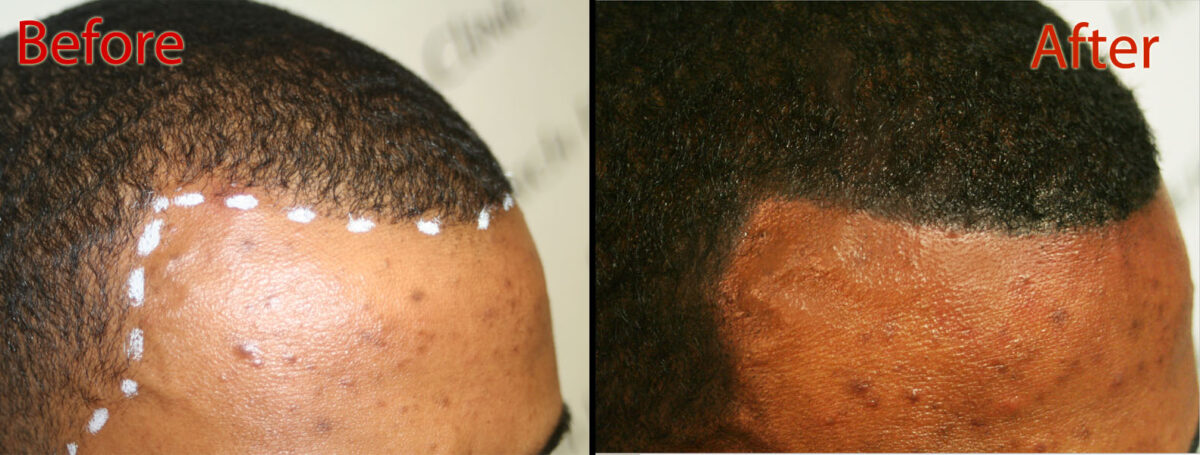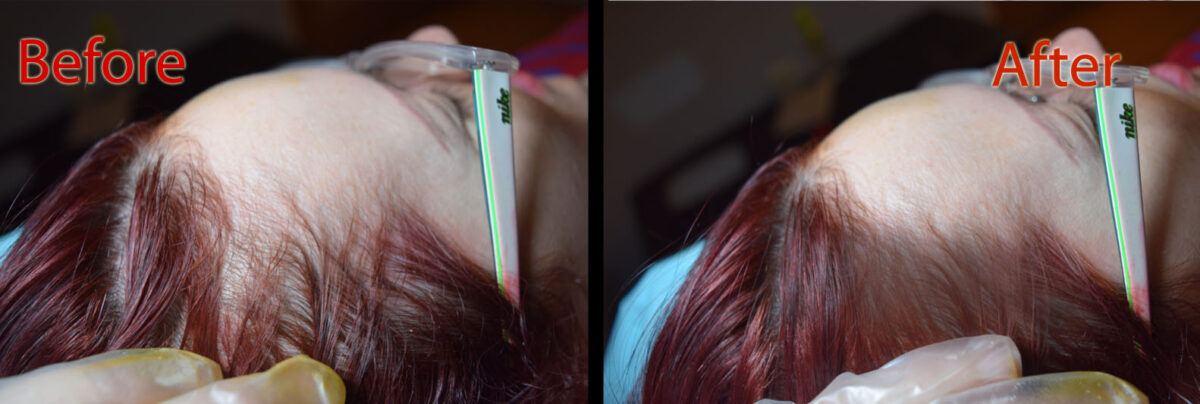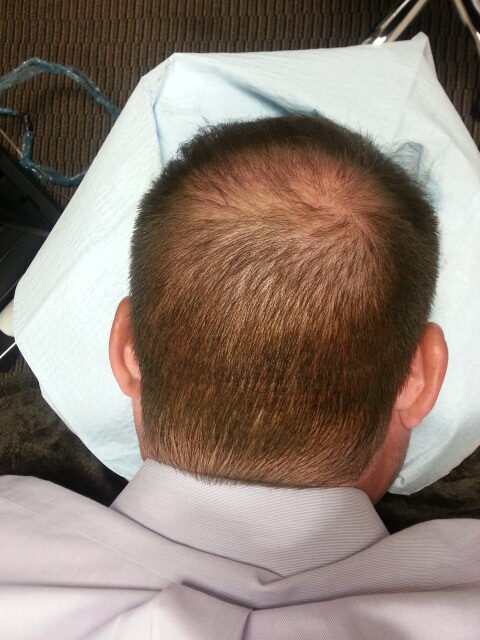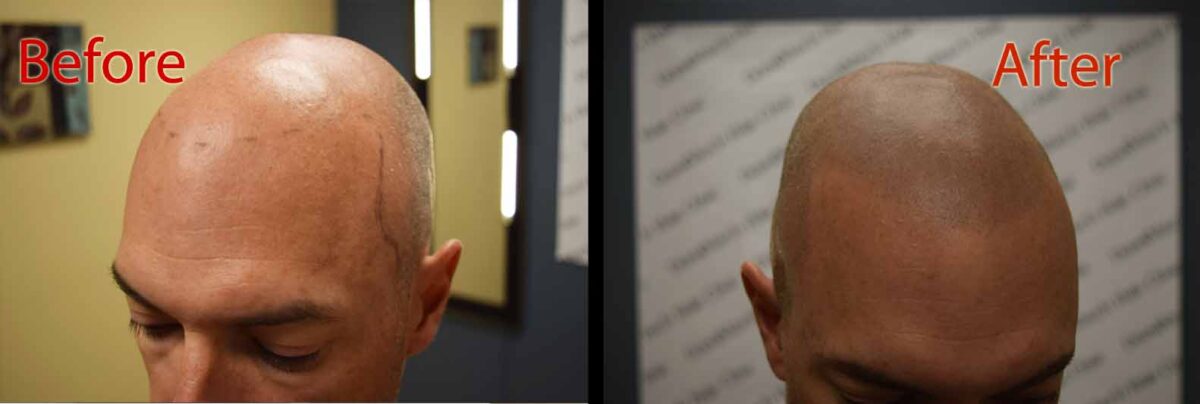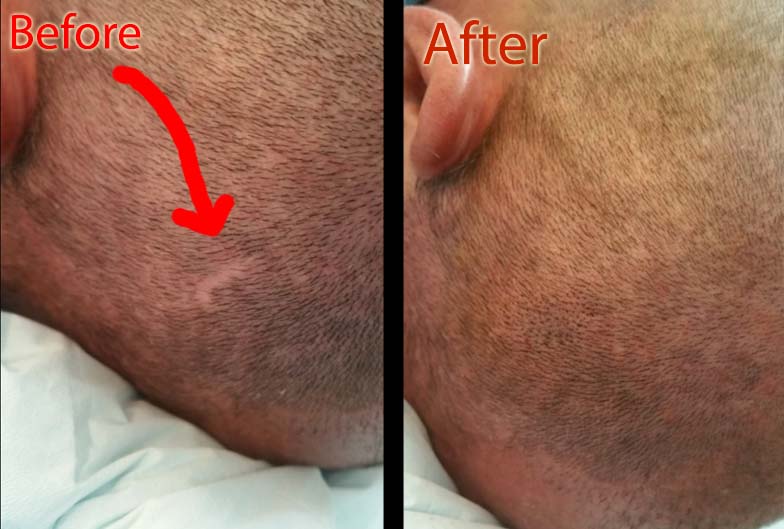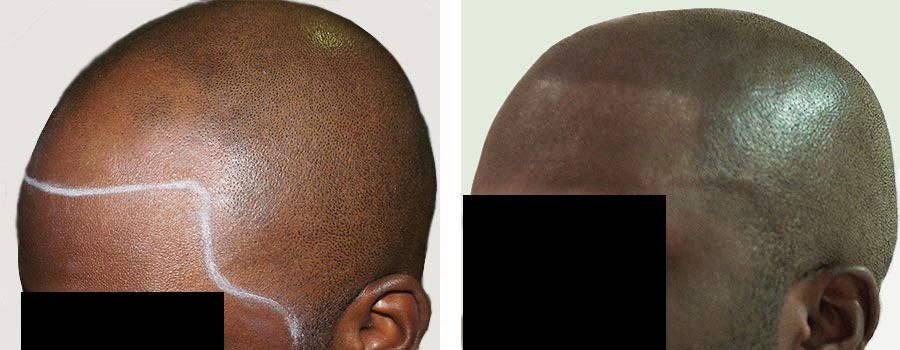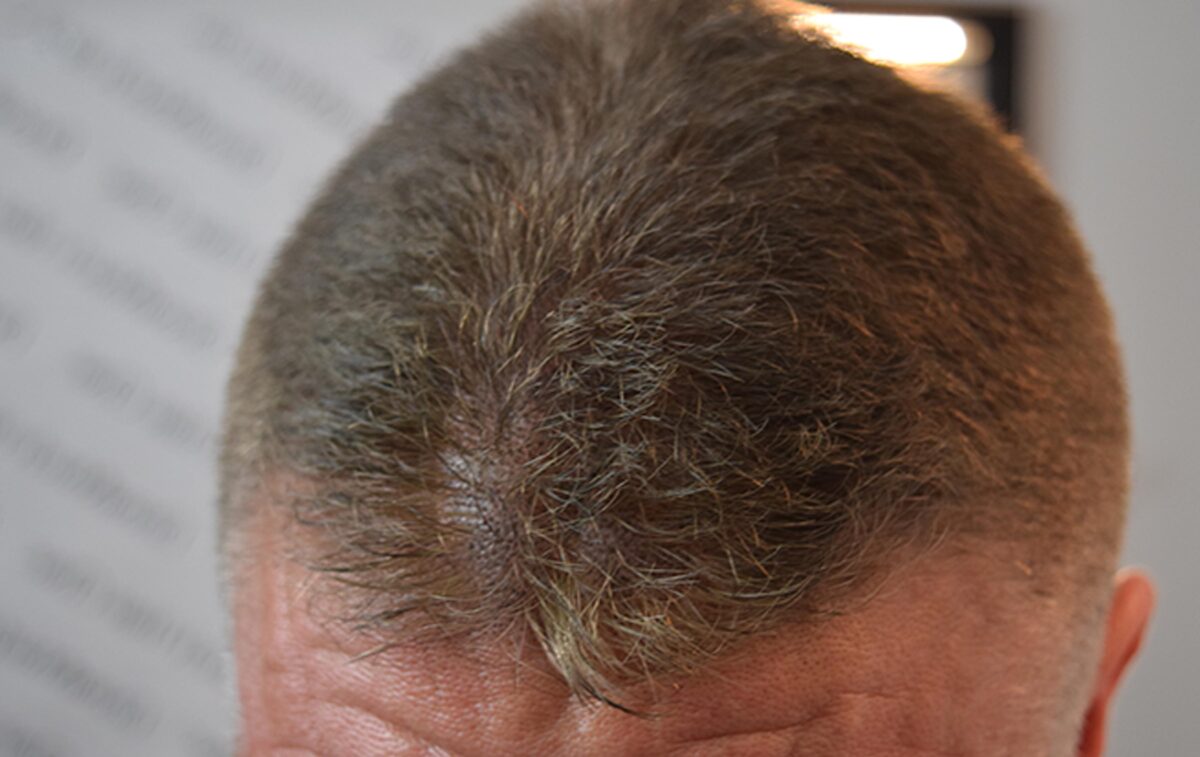Hair loss is one of the most distressing situations in human lives. We hate the sight of hair fall. But is hair loss in our hands? Well, apart from bad dietary choices and a poor scalp care regime, you literally cannot blame yourself for the shedding hair. So who’s the culprit then?
In most conditions, hair loss is blamed on a specific medical condition, illness, environment, stress, medication side effects, and hereditary hair loss, which are beyond your control.
Baldness Genetic Connection Exposed
Stop blaming your mother for your baldness gene. It isn’t her fault. Baldness may be inherited from the mother or the father.
In men, pattern baldness starts as an m-shaped receding hairline. It usually begins at the front of the scalp when you are 20 or 30 years old. In the case of women, you may experience extreme hair loss or pattern hair fall after menopause. Known as the Ludwig pattern, such hair loss is a gradual hairline recession along the part of your hair.
What Determines Baldness Genetic or Something Else?
Some people blame their mothers for passing down the baldness gene. But it is a hair loss myth. It is wrong to single out your mom for the baldness experience. It’s still okay to blame both your parents instead.
Hereditary hair loss is blamed on both mother and father. Besides, other factors influence hair thinning or hair loss.
- Tight hairstyles
- Stress
- Hormonal changes
- Alopecia areata
- Birth control
- Drugs and supplements
- Birth control
- Chemotherapy
- Radiation
- Environment
- Medical conditions, such as thyroid
- Vitamin deficiencies
- Nutrition deficit
Does Baldness Skip a Generation?
If your dad is bald, there are higher chances of you experiencing the same fate.
But baldness may skip a generation. That means if you suffer from hereditary hair loss, your child may or may not get it from you.
One crucial factor in determining whether you will suffer from genetic hair loss is your sensitivity to DHT.
What is DHT? It is a testosterone byproduct. Inherited genes predispose your follicles to sensitivity and can adversely affect hair follicles as they can bind to receptors. As such, they don’t receive nutrients, resulting in their shrinking. As such, you are more likely to have thinner, shorter hair or hair loss.
Gradually, hair stops growing.
What is pattern hair loss?
Male pattern hair loss is characterized by thinning in a defined pattern. It starts at the temples and moves to the frontal hairline. It does not stop there. Instead, it advances at the top and vertex.
On the other hand, female pattern hair loss involves diffuse thinning over the scalp. Women do not experience a receding hairline.
What is the baldness genetic treatment in Arizona?
If you are looking for the best treatment for hereditary hair loss, it is essential to understand that there is no cure for such type of hair loss. No treatment can correct the problem. However, you can still find a solution to camouflage the bald patches.
While hair transplant surgery might sound like a solution to the problem, it has a lengthy recovery period and is associated with side effects, pain, and suffering. The scars left by a transplant continue to remind you of the pain you have borne. The scars look unsightly, too.
So why take the risk with a transplant surgery when a non-invasive procedure like scalp micropigmentation can help?
SMP promises to hide all the bald patches caused by the baldness genetics connection. Top scalp practitioners understand how to deftly deliver special pigment into the scalp to mimic hair follicles. Working with a skilled scalp artist will leave you with lifetime memories and the best hair restoration experience.
Find the best SMP practitioners at DermiMatch Clinic. They are the most skilled scalp technicians in Phoenix and treat all forms of hair loss, including your baldness genetic connection.


